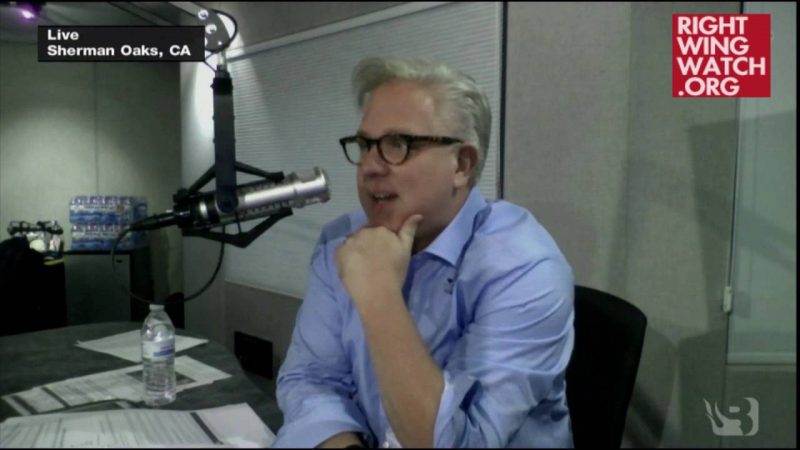After waging an unprecedented campaign of obstructionism against President Obama’s nominees, Republicans are now crying crocodile tears over a rules change that would end the filibuster on certain judicial nominees.
NBC News points out that Republicans are not blocking judicial nominees over “concerns about ideology or qualifications, but over the president’s ability to appoint ANYONE to these vacancies.” This unprecedented blockade leaves Democrats with few options, as dozens of nominees are left unable to receive a simple confirmation vote.
It’s even harder to be sympathetic to Senate Republicans when you remember that just a few years ago, many of the very same Republicans who are today filibustering President Obama’s nominees willy-nilly were vowing that they would never, ever filibuster judicial nominees. Some even declared that judicial filibusters were unconstitutional and un-American.
But that was before there was a Democrat in the White House.
We take a look back at some of the Senate’s most strident opponents of filibustering judicial nominees, turned master obstructers.
1. Mitch McConnell (KY)
“Any President’s judicial nominees should receive careful consideration. But after that debate, they deserve a simple up-or-down vote” (5/19/05).
“Let’s get back to the way the Senate operated for over 200 years, up or down votes on the president’s nominee, no matter who the president is, no matter who’s in control of the Senate” (5/22/05).
2. John Cornyn (TX)
“[F]ilibusters of judicial nominations are uniquely offensive to our nation’s constitutional design” (6/4/03).
“[M]embers of this distinguished body have long and consistently obeyed an unwritten rule not to block the confirmation of judicial nominees by filibuster. But, this Senate tradition, this unwritten rule has now been broken and it is crucial that we find a way to ensure the rule won’t be broken in the future” (6/5/03).
3. Lamar Alexander (TN)
“If there is a Democratic President and I am in this body, and if he nominates a judge, I will never vote to deny a vote on that judge” (3/11/03).
“I would never filibuster any President’s judicial nominee. Period” (6/9/05).
4. John McCain (AZ)
“I’ve always believed that [judicial nominees deserve yes-or-no votes]. There has to be extraordinary circumstances to vote against them. Elections have consequences” (6/18/13).
5. Chuck Grassley (IA)
“It would be a real constitutional crisis if we up the confirmation of judges from 51 to 60” (2/11/03).
“[W]e can’t find anywhere in the Constitution that says a supermajority is needed for confirmation” (5/8/05).
6. Saxby Chambliss (GA)
“I believe [filibustering judicial nominees] is in violation of the Constitution” (4/13/05).
7. Lindsey Graham (SC)
“I think filibustering judges will destroy the judiciary over time. I think it’s unconstitutional” (5/23/05).
8. Johnny Isakson (GA)
“I will vote to support a vote, up or down, on every nominee. Understanding that, were I in the minority party and the issues reversed, I would take exactly the same position because this document, our Constitution, does not equivocate” (5/19/05).
9. James Inhofe (OK)
“This outrageous grab for power by the Senate minority is wrong and contrary to our oath to support and defend the Constitution” (3/11/03).
10. Mike Crapo (ID)
“[T]he Constitution requires the Senate to hold up-or-down votes on all nominees” (5/25/05).
11 . Richard Shelby (AL)
“Why not allow the President to do his job of selecting judicial nominees and let us do our job in confirming or denying them? Principles of fairness call for it and the Constitution requires it” (11/12/03).
12. Orrin Hatch (UT)*
Filibustering judicial nominees is “unfair, dangerous, partisan, and unconstitutional” (1/12/05).
*Hatch claims he still opposes filibusters of judicial nominees and often votes “present” instead of “no” on cloture votes. But as Drew noted: “Because ending a filibuster requires 60 ‘yes’ votes, voting ‘present’ is identical to voting ‘no.’ Hatch’s decision to vote ‘present’ is an affirmative decision to continue the filibuster.”








